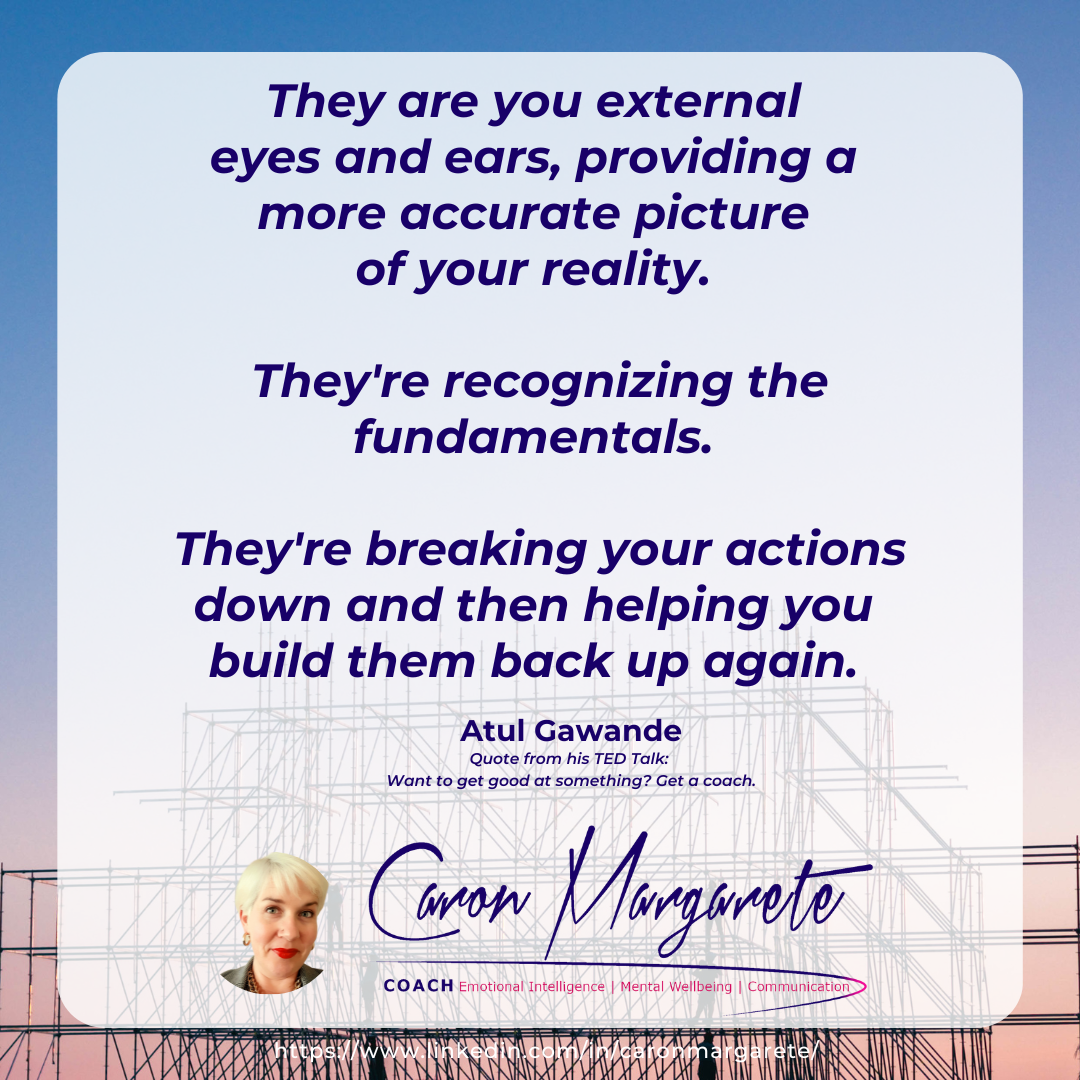He called me nasty. It wasn’t a mistake, he repeated it several times.
My hurt was immediate and evident, I could feel the tears begin to well. I ended the video call promptly with a “can we discuss this later, I need to take a moment?” A go-to tool I use for taking responsibility for my emotions.
It never occurred to me that a simple miscommunication – that is something he said that I misunderstood – would lead him to call me nasty.
I am not nasty. There is not a nasty bone in my body. Yet, this felt nasty. It felt like he was intentionally wanting to hurt me.
He wasn’t. It’s not in his nature. I sincerely wanted to believe that to be true.
Weeks later, a follow-up conversation was had. I asked if he chose the wrong word?
No. He intended it. It’s a word he uses a lot, flippantly, casually, with no regard for its literal meaning.
My hurt was dismissed. He didn’t apologize. My definition differed in meaning, context and intent, apparently.
I told him that the only way I could get over its use was to be compassionate and use my coaching skills to recognize he doesn’t know what he doesn’t know.
At the word ‘compassionate’ I triggered him again, “You’ve never done it so you can’t criticize.”
I never said I had. I reiterated that to be compassionate doesn’t require one to have lived the experience but rather to give space to the experiences of another and appreciate as best you might to understand them.
That’s what I do as a coach. I don’t need to have had the exact same experiences to be able to be your external eyes and ears as Atul Gwanda explains in his renown 2017 TED talk, ‘Want to get good at something? Get a coach.’
And yet, I am not and will never be this person’s coach.
To know me is to welcome a side of yourself that I won’t hide from you.
It’s my best and my worst quality. You either deeply love or passionately hate me for it.
And if someone is calling me nasty, that’s his unconscious mind telling me it’s the latter. And, I’m okay with that because I can see that knowing me triggers this person.
Triggers aren’t bad. They point the way to improvement. For all the miscommunication he & I have, I know I’m not being nasty in attempting to better understand him.
The reason I love being a coach is because for those that want to see the hidden side of themselves, I am gifted with the responsibility of helping you be your best self.
What an honour.



